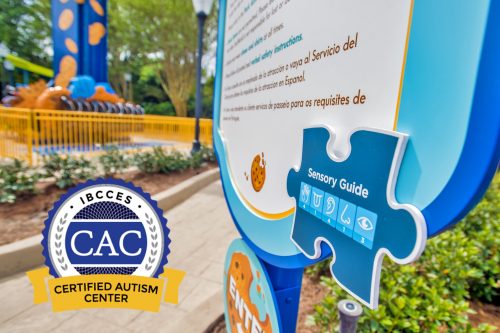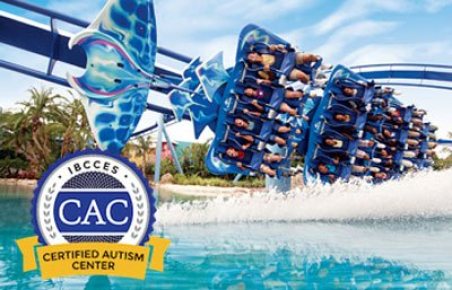Families that have been affected by autism can now read about SeaWorld Parks and the change that have been implemented to help. That is why SeaWorld Parks – New York Times Travel Story on Autism now running online.
SeaWorld Parks – New York Times Travel Story on Autism
A growing number of theme parks, special attractions and hotels are introducing autism training and sensory guides that highlight triggers, providing resources in times of need and assuring families they won’t be judged. Autism spectrum disorder, or ASD, is a developmental disability that can cause challenges in social interaction, communication and behavior. Some may have sensory sensitivities and many have trouble adapting to changes in routine, which is the essence of travel. Families that have been affected by autism can now read about SeaWorld Parks and the change that have been implemented to help. That is why SeaWorld Parks – New York Times Travel Story on Autism now running online.
I.B.C.C.E.S. certification requires 80 percent of staff members who interact with guests to undergo up to 21 hours of training in sensory awareness, communication and social skills; to pass an exam demonstrating their understanding; and be recertified every two years. The organization also conducts an on-site review to suggest changes that would better serve travelers on the spectrum.

Among the newly certified destinations are SeaWorld Orlando, Aquatica Orlando and Discovery Cove, where visitors can swim with dolphins and snorkel with tropical fish. All three were certified in April. SeaWorld Parks – New York Times Travel Story on Autism is a tremendous opportunity to educate the public on what Autism is and how it affects the child and adult.
Additionally, the International Board created sensory guides for the parks, available online, that rate attractions on a scale of one to 10 in five senses — touch, taste, sound, smell and sight. There are also corresponding signs in the parks with sensory ratings.
“We’re not asking SeaWorld not to be SeaWorld, but to provide families with options,” Ms. Tekin said, stressing the importance of having materials available before a visit, which allows families to discuss what to expect and anticipate any pitfalls. “Most individuals on the spectrum or their families are planners.” Each park also created a quiet room with neutral décor, minimal noise, lighting on dimmer switches and interactive toys where families can take a time out.
“Our programs accommodating guests with physical disabilities have been robust, including identifying what rides are best suited based on individual abilities,” said David Heaton, a vice president at Aquatica Orlando. “We saw an opportunity to improve assistance with developmental disabilities.”

